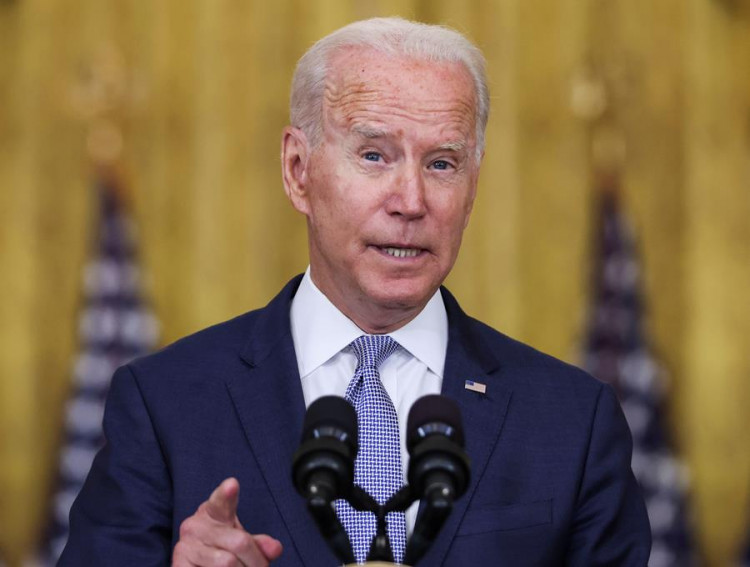President Joe Biden, in one of his final acts as president, issued preemptive pardons on Monday for prominent figures including Dr. Anthony Fauci, retired General Mark Milley, and members of the House committee that investigated the January 6 Capitol attack. The sweeping move, announced just hours before his successor Donald Trump's inauguration, reflects Biden's concern over potential retaliation from the incoming administration.
"These are exceptional circumstances, and I cannot in good conscience do nothing," Biden wrote in a statement. "Baseless and politically motivated investigations wreak havoc on the lives, safety, and financial security of targeted individuals and their families."
The pardons, unprecedented in scope, protect several of Trump's critics and adversaries. Among them are Fauci, who served as the director of the National Institute of Allergy and Infectious Diseases for nearly 40 years, and Milley, the former chairman of the Joint Chiefs of Staff, who has openly criticized Trump, labeling him a threat to democracy.
Biden emphasized that the pardons do not imply guilt. "The issuance of these pardons should not be mistaken as an acknowledgment that any individual engaged in any wrongdoing," he wrote. "Our nation owes these public servants a debt of gratitude for their tireless commitment to our country."
Fauci, a central figure in the government's COVID-19 response, has faced ongoing criticism and threats from Trump and his allies. "There is absolutely no basis for these threats," Fauci said in a statement. "Let me be perfectly clear: I have committed no crime." Milley, similarly, expressed gratitude, saying the pardon spared him and his family from future harassment. "I do not want to put my family, my friends, and those with whom I served through the resulting distraction, expense, and anxiety," he said.
Biden's decision also extended to members of the January 6 committee, which investigated Trump's role in the 2021 Capitol riot. The committee, led by Rep. Bennie Thompson (D-Miss.) and former Rep. Liz Cheney (R-Wyo.), had faced threats and public attacks from Trump and his supporters. The committee's final report concluded that Trump engaged in a "multi-part conspiracy" to overturn the results of the 2020 election.
"Rather than accept accountability, those who perpetrated the January 6th attack have taken every opportunity to undermine and intimidate those who participated in the Select Committee," Biden said.
The pardons come amid Trump's repeated vows to target his political adversaries. At a rally Sunday, Trump told supporters he would offer clemency to those involved in the Capitol riot. "Everybody in this very large arena will be very happy with my decision," Trump said.
Biden's decision to preemptively pardon individuals who have not been formally charged or convicted breaks with presidential norms. Preemptive pardons have been rare in U.S. history, with Gerald Ford's 1974 pardon of Richard Nixon being the most notable precedent. Legal experts noted that Biden's sweeping use of the power could set a new precedent for future administrations.
"The idea that he would punish people for not adhering to what he thinks should be policy as it related to his well-being is outrageous," Biden said in an earlier statement regarding Trump's intentions.
Critics argue that pardons could carry unintended consequences. Jesse Binnall, a private attorney for Trump, pointed out on social media that the pardons could compel testimony in future investigations. "The pardons are actually great news. No one who was just pardoned will be able to refuse to testify in a civil, criminal, or congressional proceeding based upon the 5th Amendment," Binnall wrote.
Despite the controversy, Biden defended his decision as a necessary response to an unprecedented political climate. "Even when individuals have done nothing wrong-and in fact have done the right thing-the mere fact of being investigated or prosecuted can irreparably damage reputations and finances," Biden said.
The pardons underscore Biden's warnings about Trump's return to power, which he has characterized as a threat to democracy. While inviting Trump to the White House for a traditional tea meeting on Monday, Biden also used his farewell address to caution against the dangers of political retribution and authoritarianism.






